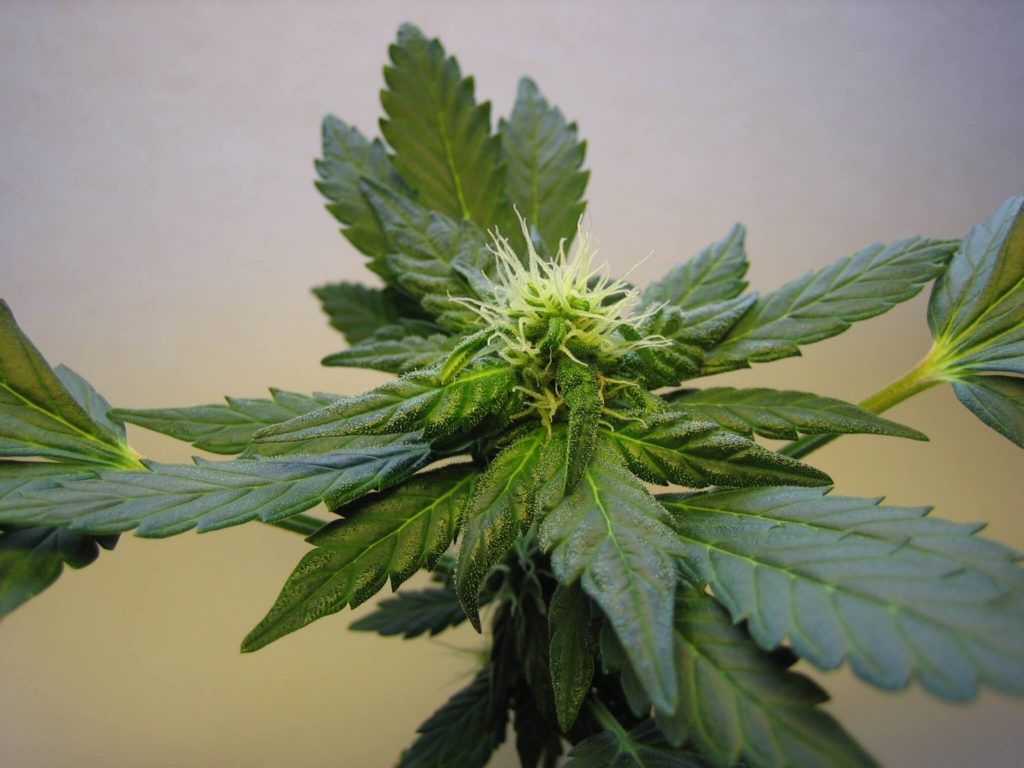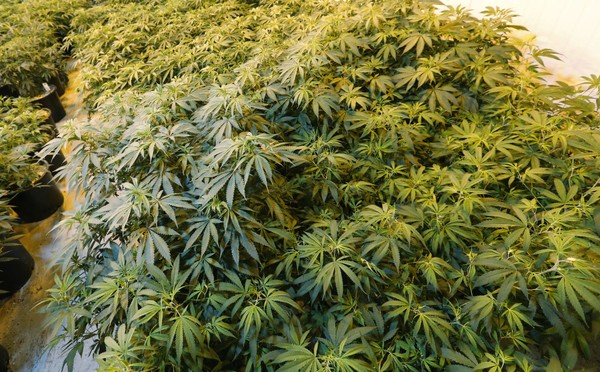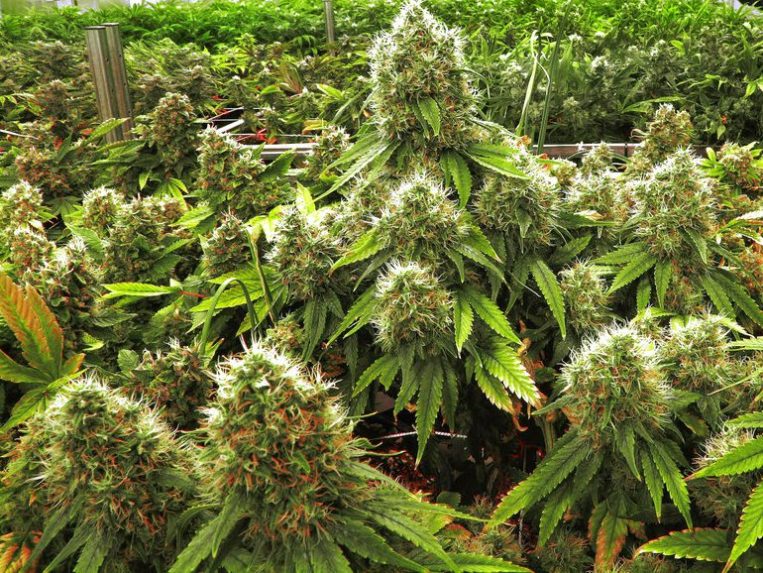Riding demand for legal marijuana, a quirky Swiss start-up will sustain your smile with a gentler form of weed.
The laboratory looks like a scene from Breaking Bad: huge glass flasks on workbenches, blue barrels and filters galore, all squirreled away in an old factory building. But that’s where the similarity to the popular Netflix series ends, insists Ivan Enderli, a founder of Swiss start-up KannaSwiss.
“What we’re doing here is totally legal,” Mr. Enderli said. The cannabis in the barrels contains large amounts of cannabidiol, or CBD, an ingredient of pot that is permitted in Switzerland. The banned chemical, tetrahydrocannabinol, or THC, which causes the high in the drug, is below the legal 1 percent limit. The company gushes that its CBD products are designed “to relieve pain, increase health, and support a more sustainable level of happiness.”
Founded in 2014 and based in Kölliken, an hour’s drive from Zurich, KannaSwiss aims for success in a booming market for legal cannabis as countries around the world loosen their drug laws. Its products include chocolate and CBD oil, which can be added to food or rubbed on the skin. One could say it’s the perfect fusion of two of Switzerland’s most famous industries: chemicals and chocolate.
Seven years after Switzerland legalized low-potency “marijuana-light,” the market is getting crowded.
KannaSwiss has a colorful history. Two other founders are scions of aristocratic families: Corso Serra di Cassano, whose lineage includes an Italian prince beheaded in 1799, and Boris Blatnik, whose sister married into the deposed royal family of Greece. They compare the high from CBD to drinking a couple of glasses of wine.
Seven years after Switzerland legalized low-potency “marijuana-light,” the country’s market for the plant-based drug is getting crowded. KannaSwiss has hundreds of local competitors, said Georg Wurth, head of the German Hemp Association and a leading campaigner for the legalization of cannabis in Germany. “It’s not easy. It could well be that the market will concentrate in the future. And the CBD hype may eventually abate in Switzerland,” he said.
Marijuana contains both THC and CBD, but the compounds have different effects. Unlike THC, CBD is not psychotropic, meaning that it doesn’t alter the minds of users. Some studies say CBD, an extract from industrial hemp plants, has health benefits, calming nerves, countering stress and soothing inflammation, and can even help to treat cancer and epilepsy. The World Health Organisation said last year that CBD, in its pure state, appeared not to be harmful and or have abuse potential.
Switzerland currently has some 560 CBD producers, according to the Swiss customs authority. KannaSwiss plans to specialize in CBD oil and oil derivatives. Most of the CBD used medicinally is found in the least processed form of the cannabis plant, known as hemp.
KannaSwiss plans to branch out from Switzerland into Germany. “We hope our oil will be available in 1,000 pharmacies by the end of the year,” said Mr. Blatnik, who last year became marketing chief. But it doesn’t come cheap, as three grams cost some 150 Swiss francs ($157). “We’re aiming for the premium segment,” explained Mr. Blatnik.
But there’s still a chance the business model could go up in smoke. The right-wing Swiss People’s Party wants to reduce the permitted threshold of THC, which could hurt CBD producers like KannaSwiss. And CBD opponents fear that legal marijuana could serve as a gateway drug for illegal cannabis with a high proportion of THC.
Mr. Blatnik isn’t worried. “I don’t think they’ll turn the clock back,” he said, noting the global trend was moving towards legalizing cannabis, with many US states already permitting the sale of cannabis containing THC. “One day it will also be allowed here.”
Credit: global.handelsblatt.com














